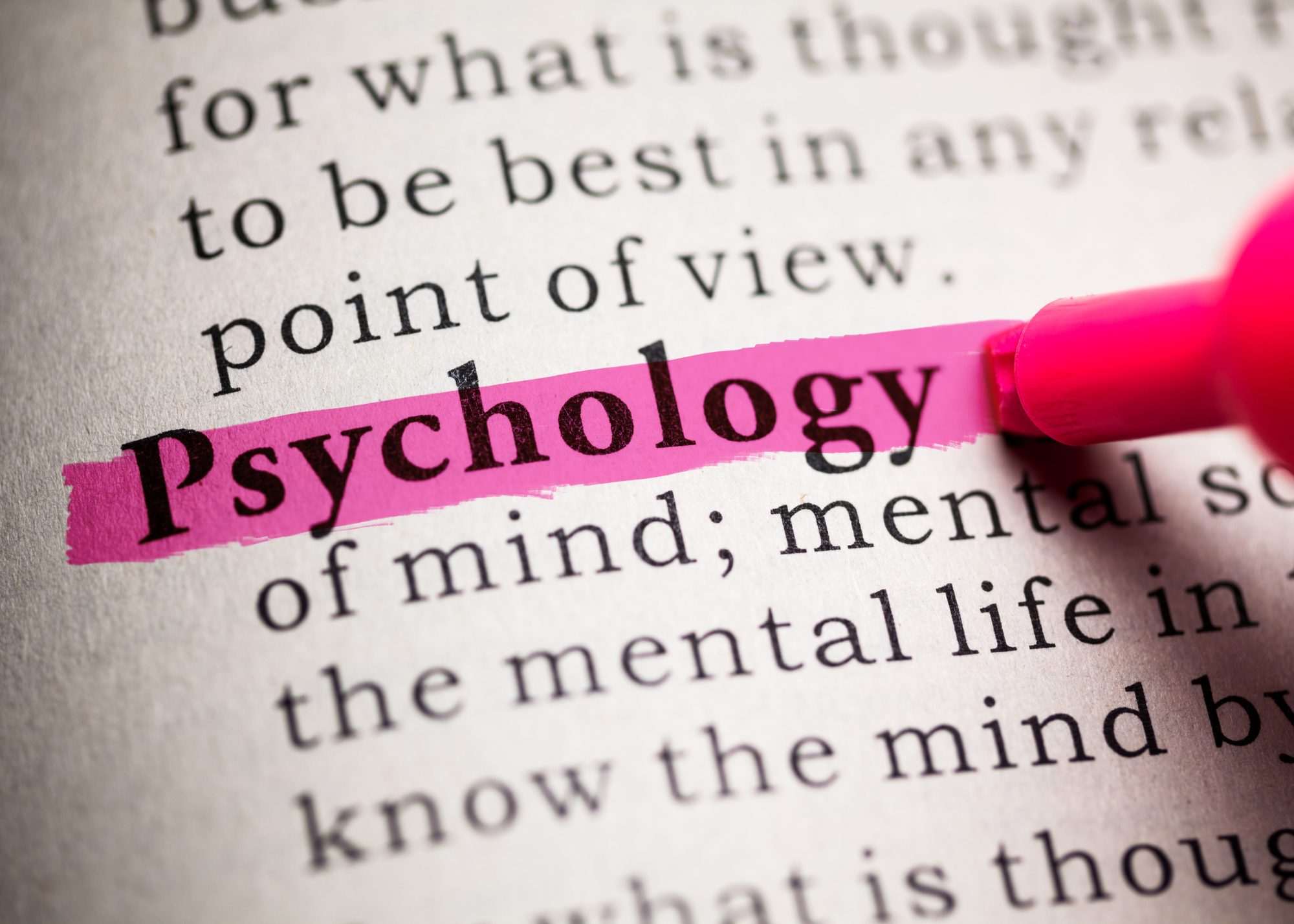Raffles have been a popular form of entertainment and fundraising for centuries. Whether it’s a local charity event, a school fundraiser, or a corporate giveaway, raffles have a unique appeal that draws participants from all walks of life. But have you ever wondered what drives people to eagerly purchase those little tickets in the hope of winning a prize? The psychology behind raffle participation is a fascinating subject that delves into various factors such as risk perception, the thrill of winning, and social pressure. In this article, we’ll explore these psychological factors to better understand why people take part in raffles.
- The Thrill of Winning
One of the primary psychological drivers of raffle participation is the thrill of winning. Humans are hardwired to seek out rewards, and the potential of winning something, no matter how slim the odds, can be incredibly enticing. Psychologically, the brain releases dopamine, a feel-good neurotransmitter, when we anticipate rewards. This anticipation of winning a prize activates the brain’s reward system, creating a sense of excitement and pleasure, even before the outcome is known.
Moreover, the perceived value of the prize can intensify this thrill. People often imagine how they would feel or what they would do with the prize if they were to win, enhancing the emotional appeal of raffle participation.

- Risk Perception
The psychology of risk perception plays a significant role in raffle participation. Raffles typically involve a small investment, usually in the form of a ticket purchase. People perceive this investment as relatively low-risk, especially when compared to other forms of gambling such as casinos or sports betting. This perception of minimal risk encourages participation because individuals believe they have a decent chance of recouping their investment with a prize.
The psychological concept of loss aversion also plays a role here. People tend to overvalue the potential loss of their ticket price and may participate in raffles to avoid the feeling of regret associated with not taking a chance when the stakes seem low.
- Social Pressure and FOMO (Fear of Missing Out)
Humans are inherently social beings, and social pressure can be a powerful motivator when it comes to raffle participation. People often participate in raffles because their friends, family members, or coworkers are doing so. The fear of missing out (FOMO) on a shared experience or the excitement of winning together with peers can be a strong driver of participation.
In group settings, like a workplace or community event, individuals may feel obligated to participate to maintain a sense of belonging or avoid the discomfort of exclusion. Social validation, in the form of praise or recognition from peers, can also incentivise people to take part in raffles.

- Supporting a Cause
Many raffles are organised for charitable purposes, such as fundraising for a local charity, school, or non-profit organisation. The psychology of altruism and the desire to support a good cause can influence raffle participation. People often feel a sense of moral obligation or empathy when they know their participation contributes to a greater social or charitable mission.
Participating in a raffle with a charitable goal can also alleviate guilt associated with spending money on a purely self-indulgent activity. People may view their raffle ticket purchase as a way to give back to the community while still having a chance to win something in return.
Conclusion
The psychology behind raffle participation is a complex interplay of factors, from the thrill of winning and risk perception to social pressure and altruism. These elements combine to create a compelling motivation for individuals to participate in raffles, making them a popular form of entertainment and fundraising worldwide.
Understanding these psychological factors can be valuable for event organisers, marketers, and individuals alike. By recognising the underlying motivations for raffle participation, organisers can design more effective raffles and marketing campaigns.
For participants, awareness of these factors can lead to more mindful decision-making when deciding whether to buy that enticing raffle ticket. Ultimately, the psychology of raffle participation reveals the fascinating ways in which our minds drive our behaviors in pursuit of rewards, excitement, and social connection.
If you would like to try your luck with a raffle, Good Life Plus offer a free entry into their daily prize giveaways as well as 7 days free trial across a number of their memberships which give you multiple chances to win prizes. From cash, tech, holidays and even a luxury car!

